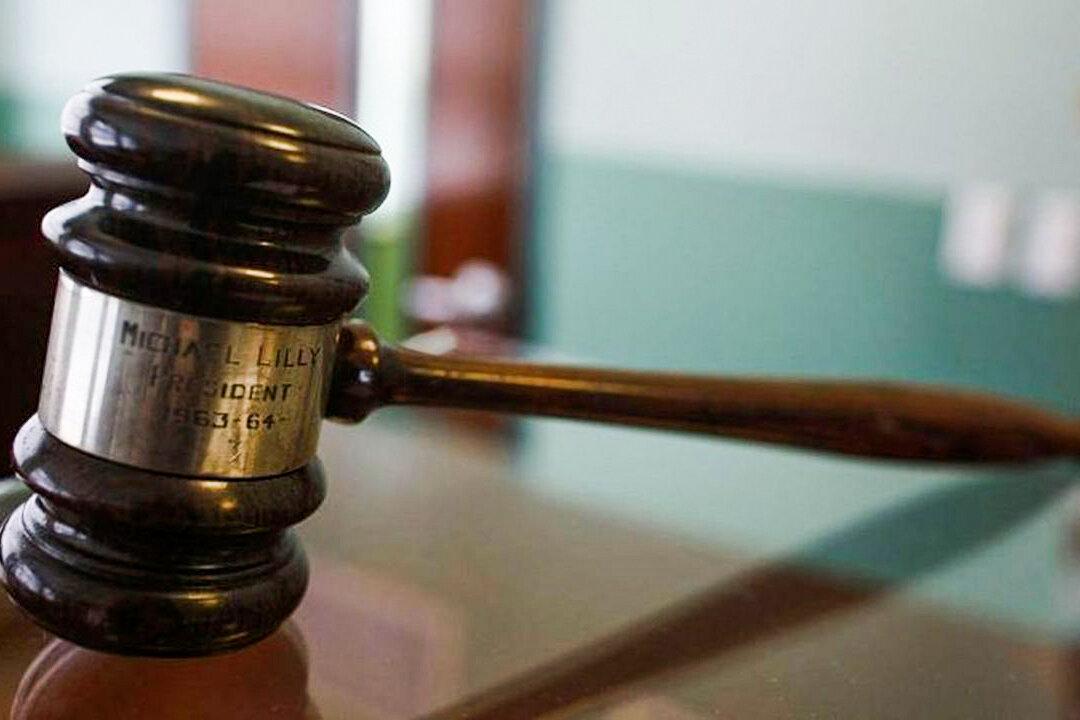The House of Commons Justice Committee has been told London has become the world leader in law firms perpetrating strategic lawsuits against public participation, or SLAPPs.
Michelle Stanistreet, the general secretary of the National Union of Journalists, described SLAPPs as “bullyboy tactics” used to intimidate journalists or “tie them up in knots” in order to prevent them publishing damning material.





